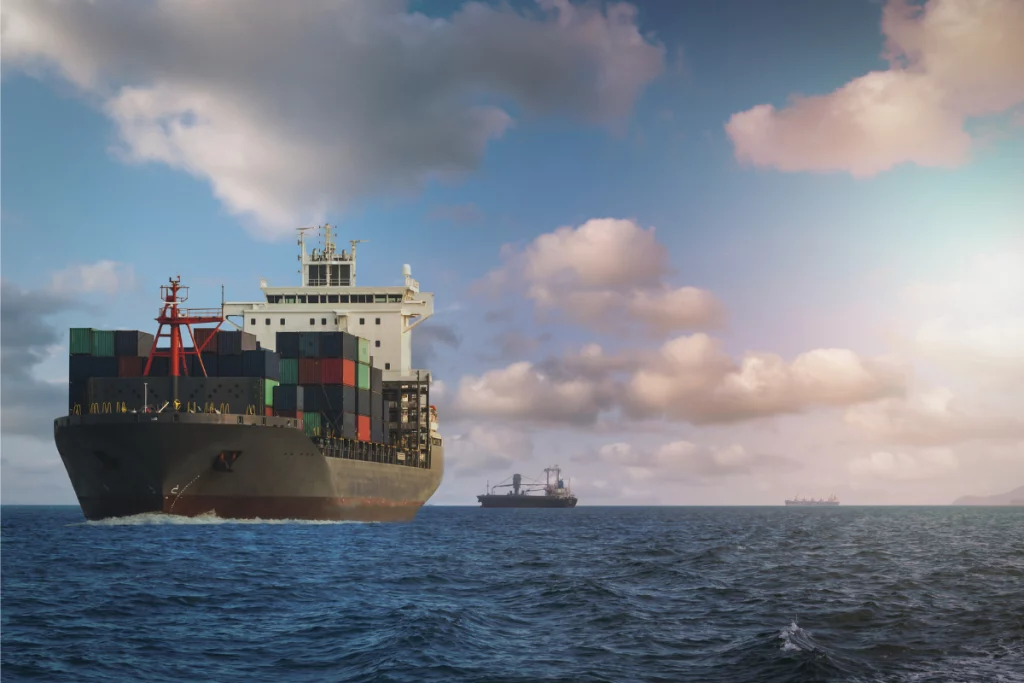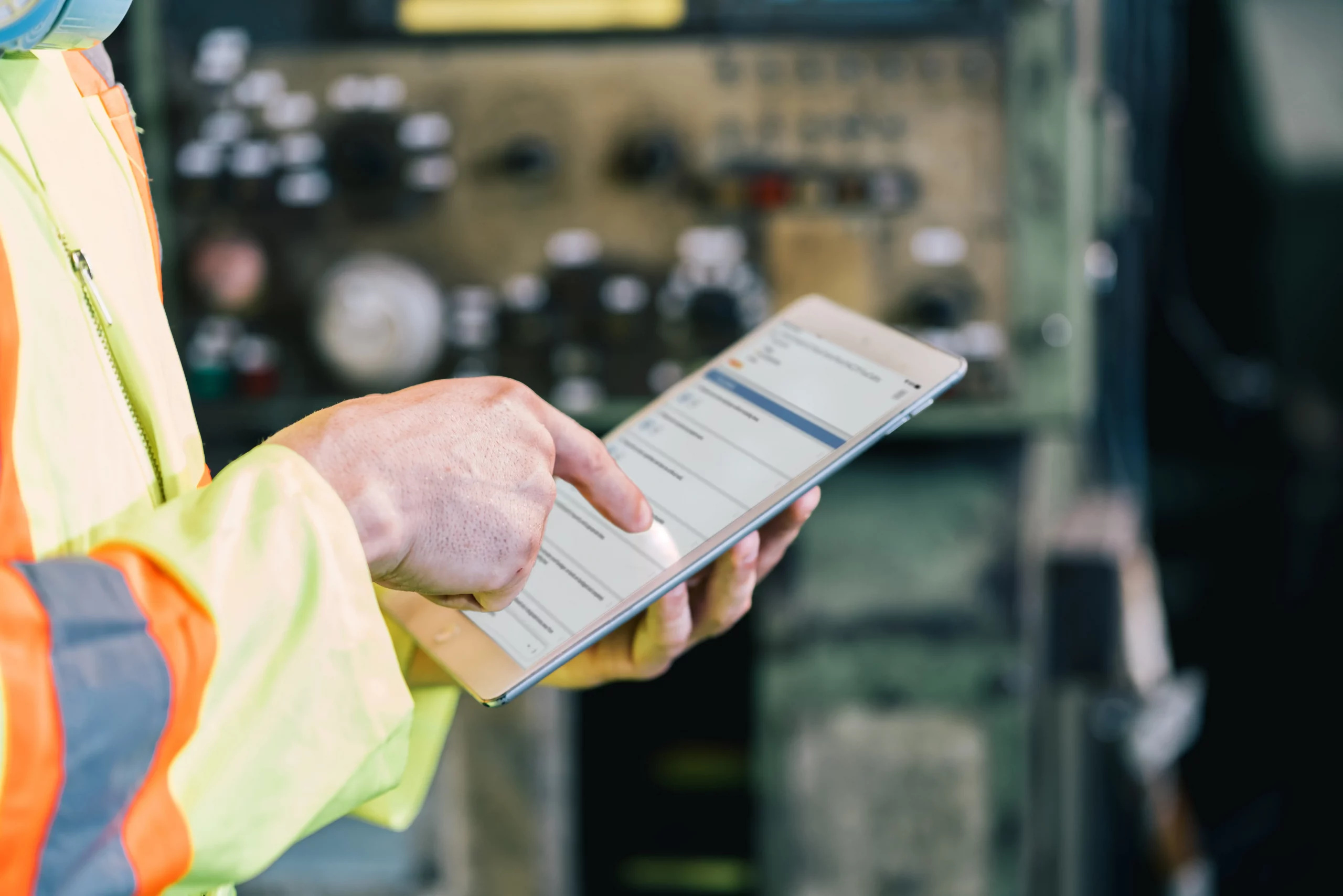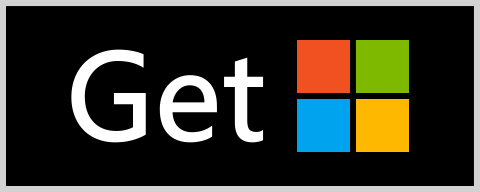Table of contents

Facing more pressure than ever to ensure that their supplier network is transparent, sustainable, and ethically responsible, businesses are addressing these concerns through a process known as Supply Chain Due Diligence. This is a critical process that companies must undertake to ensure that their sourcing, procurement, and supplier management practices align with responsible business standards and regulations. With the increasing focus on environmental, social, and governance (ESG) issues, the practice has become a vital aspect of risk management for companies of all sizes.
As consumers, investors, and stakeholders place a higher value on responsible business practices, supply chain due diligence has become an essential step for companies to protect their reputation, comply with laws and regulations, and promote supply chain sustainability and responsible business practices.
What is Supply Chain Due Diligence?
Supply chain due diligence is the process of assessing and managing the risks associated with a company’s supply chain, including issues such as human rights violations, money laundering, child labor, and environmental degradation. It involves the collection and analysis of information about a company’s suppliers, vendors, and business partners to identify and mitigate potential risks. The process is essential for companies to ensure that their supply chains are transparent, sustainable, and ethically responsible.
Why is it Important?
Supplier due diligence is important for several reasons. Firstly, it helps companies identify and mitigate risks associated with their supply chains, such as human rights violations, environmental degradation, and financial fraud. Secondly, it helps companies identify and address any adverse impacts of their supply chain on the environment and communities. Thirdly, it helps companies to comply with legal and regulatory requirements.
In recent years, the German government has introduced the German Supply Chain Act (GSCA), which requires companies to conduct due diligence on their supply chains to identify and address human rights and environmental risks. This new law applies to large companies that have a revenue of over €400 million and requires them to report on the measures they have taken to identify and address risks in their supply chains. This act is important for businesses in Germany, but it also has global implications as it applies to their global suppliers as well – with large sanctions for compliance failure.

30+ Audit and inspection checklists free for download.
The Challenges of Managing Supply Chain Due Diligence
Managing supplier due diligence can be challenging for businesses, particularly for those involved in global supply chains. One of the key challenges that businesses face is identifying their tier 1, 2, and 3 suppliers. This becomes a greater challenge when managing supplier due diligence as the process requires a detailed understanding of the entire supply chain.
Another challenge is the ability to conduct due diligence in real time. Disruptions, such as the COVID-19 pandemic, can cause significant disruptions to a company’s supply chain, making due diligence efforts difficult for new suppliers or new business partners.
What is a Supplier Due Diligence Program and How to Build One
A Supplier Due Diligence Program is a comprehensive framework that companies can use to assess and manage their supplier risks. It includes procedures for identifying and assessing risks, implementing mitigation measures, and monitoring and reporting on progress.
To build an effective due diligence program, companies should start by identifying their suppliers and vendors and assessing the level of risk associated with each. Next, companies should develop a risk management system that includes regular audits and inspections. They should also establish clear and transparent communication channels with suppliers and vendors to ensure that they are aware of their due diligence obligations.
Companies can use certain software such as Certainty Software’s GSCA Checklist or Supplier Social and Environmental Compliance Checklist to help them with the supplier due diligence process. These software tools can help companies to identify risks, conduct assessments, and monitor progress.



